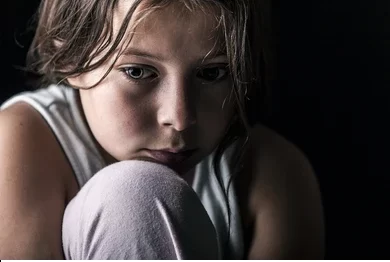As women, we face various challenges in today’s society, including discrimination, gender-based violence, and unequal access to education, healthcare, and employment opportunities. These challenges, coupled with life transitions such as motherhood, puberty, and menopause, can have significant impacts on our mental health.
Studies show that women are more likely than men to experience anxiety, depression, and other mental health disorders. According to the World Health Organization, 1 in 3 women may experience a mental health condition during their lifetime. Unfortunately, many women who suffer from mental health issues do not seek help due to stigma, lack of knowledge about available resources, and the perception that seeking help is a sign of weakness.
One of the significant contributors to poor mental health among women is gender-based violence. Domestic violence, rape, sexual harassment, and other forms of gender-based violence have severe psychological impacts, including depression, anxiety, post-traumatic stress disorder, and substance use disorders. Female victims of gender-based violence are also at increased risk of suicide.
In addition to gender-based violence, women’s mental health is also significantly affected by hormonal changes associated with life transitions, such as pregnancy and menopause. During pregnancy, hormonal changes can cause mood swings, anxiety, and depression. Postpartum depression is also prevalent, affecting approximately 15% of new mothers. On the other hand, menopause is associated with an increased risk of depression and anxiety due to fluctuations in hormone levels.
To address these challenges, there is a need for increased access to mental health services for women. Mental health awareness campaigns should also be launched to educate women about the signs and symptoms of mental health disorders and available resources for help. Health care providers should also be trained on how to identify and manage mental health disorders in women.
In conclusion, women’s mental health is a complex issue that requires a multi-faceted approach. It is essential to address the root causes of gender-based violence, provide access to mental health services, and educate women and healthcare providers about the impact of life transitions on mental health. By doing so, we can improve women’s mental health and well-being, enabling them to lead fulfilling lives.









